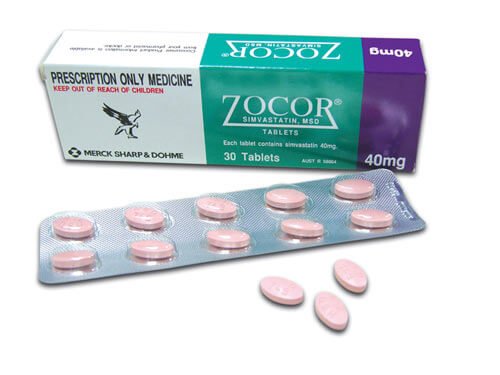Tricare, the military health system, examined its database of nearly 26,000 beneficiaries and found those taking statin drugs to lower their cholesterol were 87 percent more likely to develop diabetes.
The findings throw a large cloud of doubt over the wonder drug, which many doctors have advocated prescribing to every male over the age of forty, regardless of cholesterol history.
The widely-prescribed medication significantly lowers blood cholesterol, reducing the associated risk of heart attack, stroke and overall mortality.
The study, published in the Journal of General Internal Medicine on April 28th, confirms past findings showing a link between the statin class of drugs and diabetes risk.
The study is unique because it is the first to demonstrate the connection in a relatively healthy group of people. The study focused only on people who were free of heart disease, diabetes, and other severe chronic diseases.
“In our study, statin use was associated with a significantly higher risk of new-onset diabetes, even in a very healthy population,” says author Dr. Ishak Mansi. “The risk of diabetes with statins has been known, but up until now it was thought that this might be due to the fact that people who were prescribed statins had greater medical risks to begin with.”
The study strongly implied statins caused the diabetes as it found that the higher the dose, the greater the risk of developing diabetes was.
The danger in diabetes is the complications that can arise from it. The study showed that such complications were also strongly associated with statin use. Patients on statins were 250 percent more likely to develop diabetes with complications.
Just over three-quarters of the statin prescriptions in Mansi’s study were for simvastatin, sold as Zocor.
Yet Mansi stressed that statins still have numerous health benefits and advised that “No patient should stop taking their statins based on our study, since statin therapy is a cornerstone in treatment of cardiovascular diseases and has been clearly shown to lower mortality and disease progression.”
“Rather, this study should alert researchers, [clinical] guideline writers, and policymakers that short-term clinical trials might not fully describe the risks and benefits of long-term statin use for primary prevention.”
“I myself am a firm believer that these medications are very valuable for patients when there are clear and strict indications for them,” he said. “But knowing the risks may motivate a patient to quit smoking, rather than swallow a tablet, or to lose weight and exercise. Ideally, it is better to make those lifestyle changes and avoid taking statins if possible.”
Stay Connected